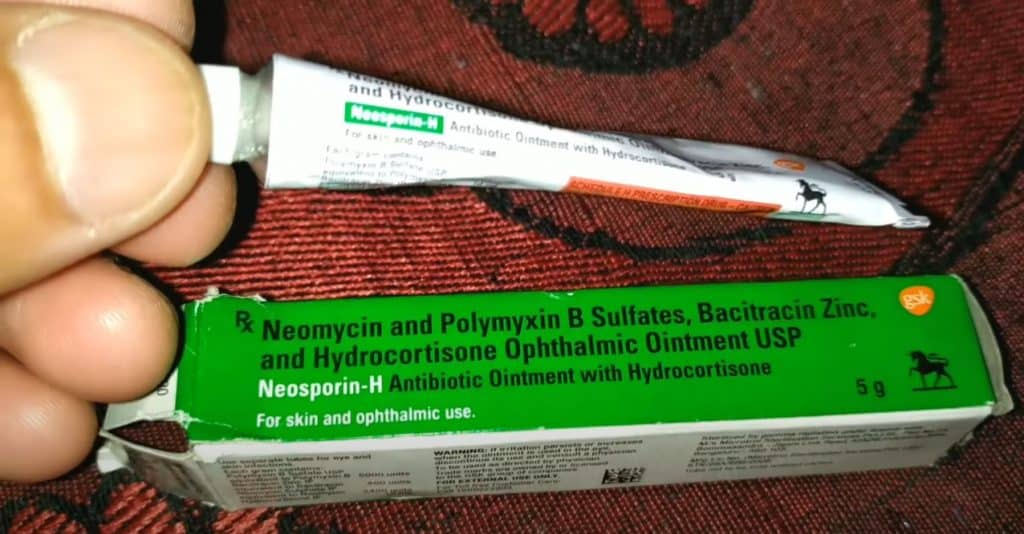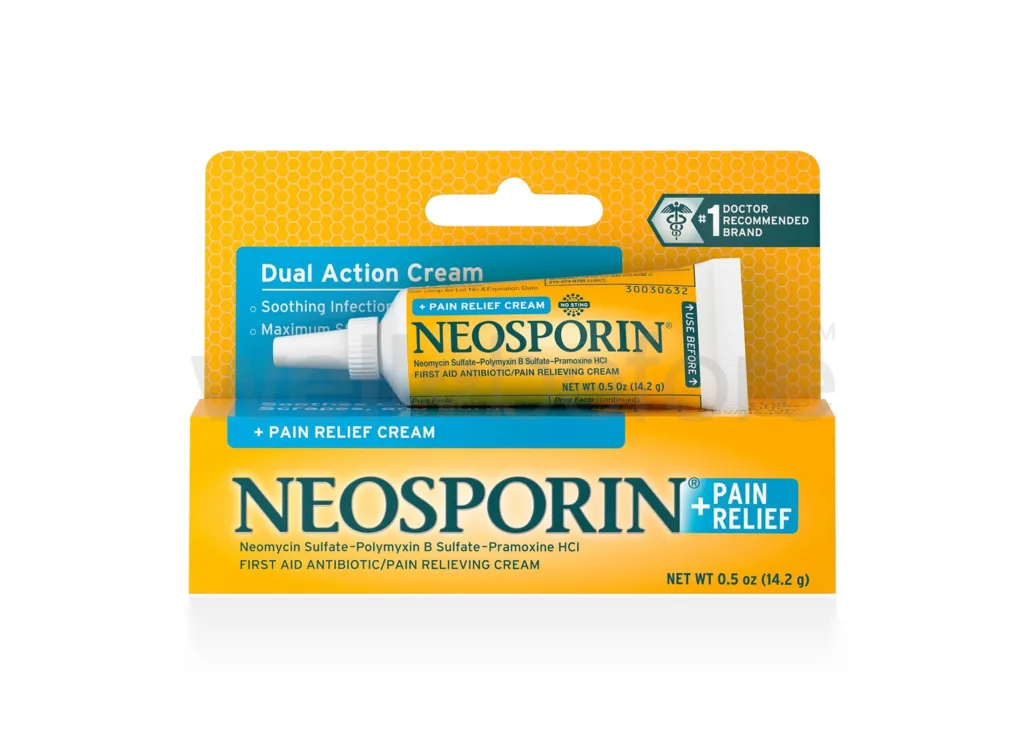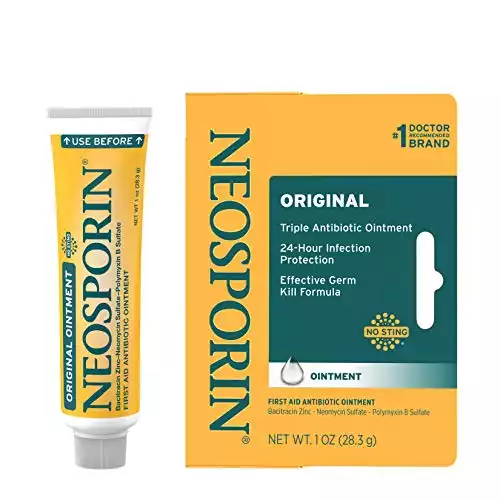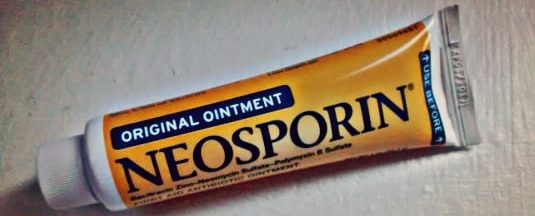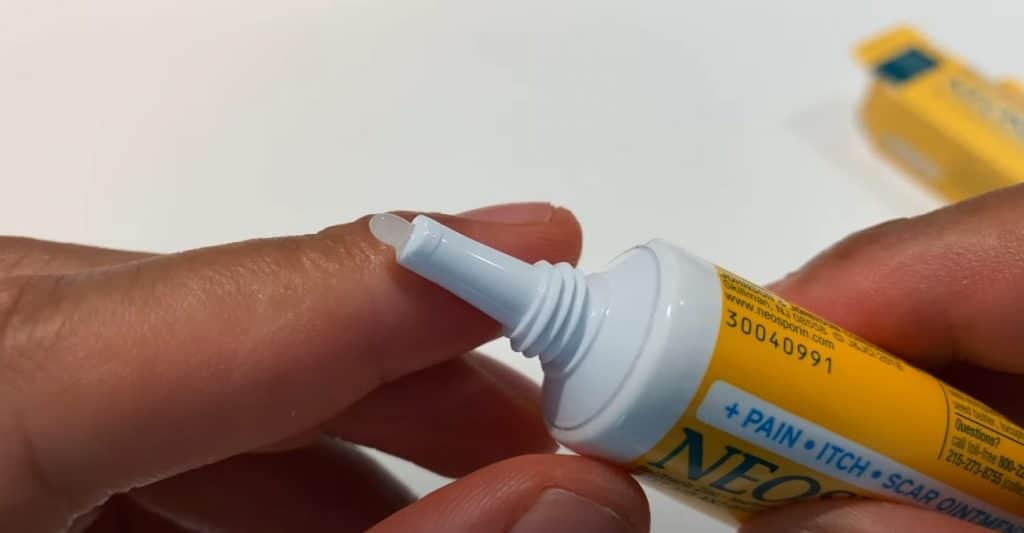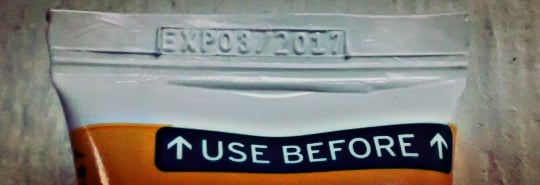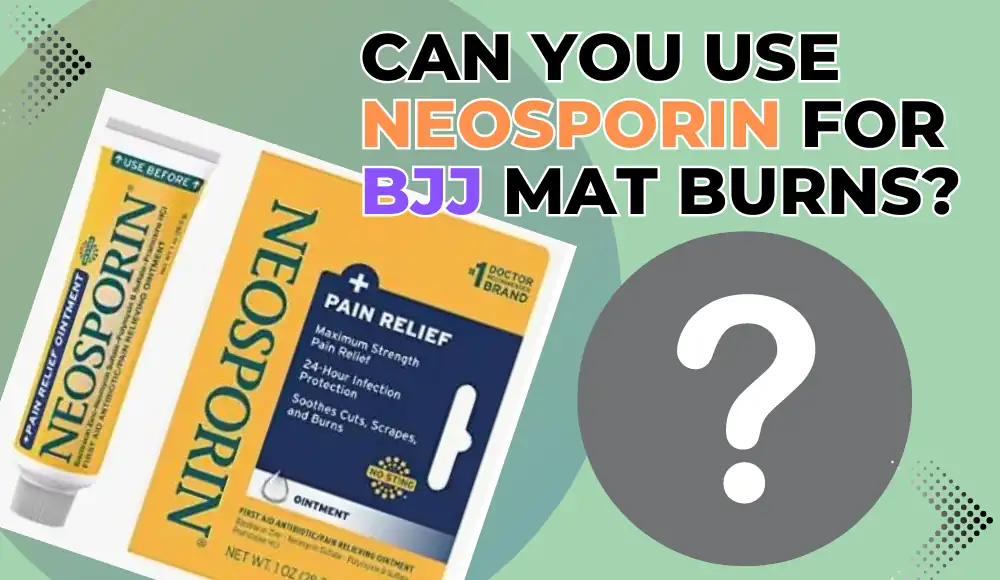What Happens If You Use Expired Neosporin
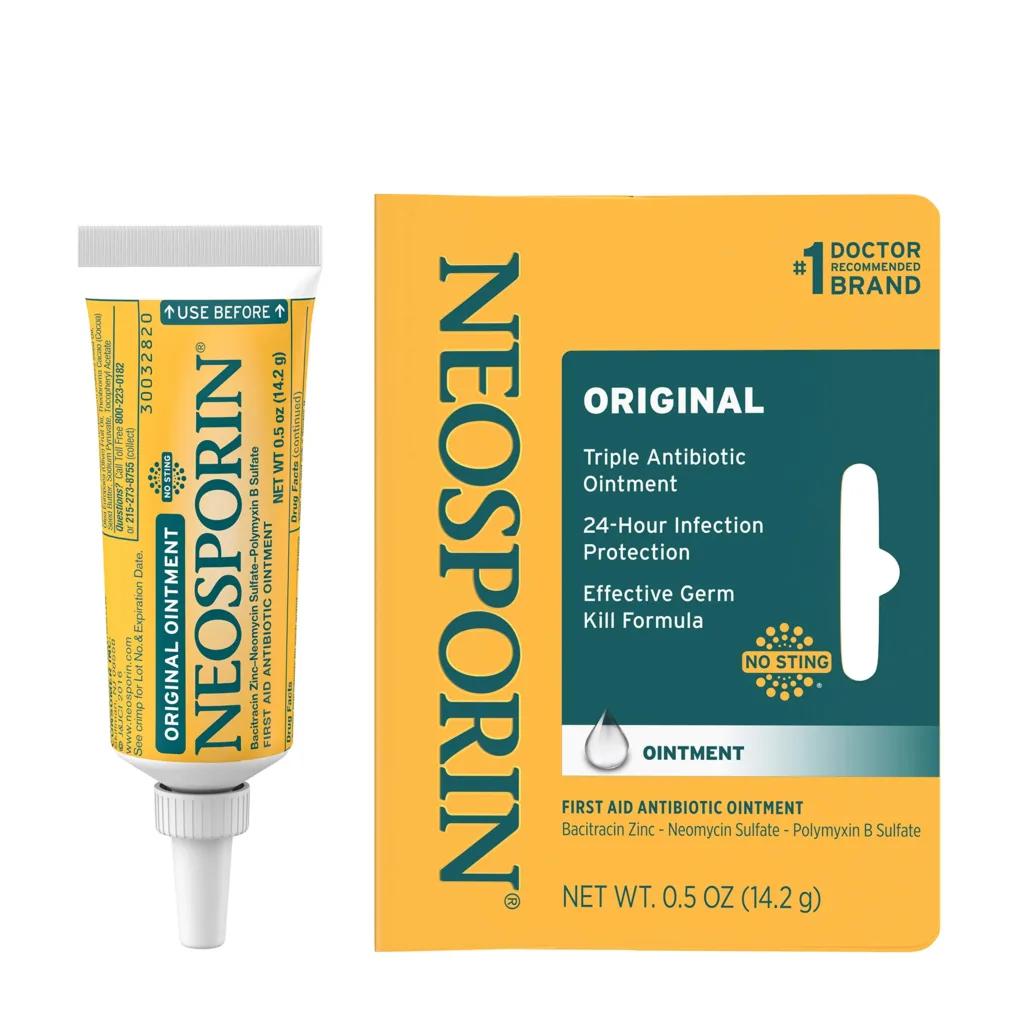
A minor cut, a scraped knee, a pesky bug bite – these are the moments we reach for Neosporin, that familiar tube promising quick healing and infection prevention. But what happens when that tube has been lurking in your medicine cabinet a little too long, its expiration date a distant memory? The consequences of using expired Neosporin are more nuanced than a simple "it won't work," and understanding the potential risks is crucial for responsible wound care.
This article delves into the science behind Neosporin's effectiveness, the factors that contribute to its degradation over time, and the potential ramifications of applying an expired product. We will explore the diminished potency of the active ingredients, the possibility of bacterial contamination, and the overall implications for wound healing. Ultimately, we aim to provide you with the information needed to make informed decisions about your health and the responsible use of over-the-counter medications.
Understanding Neosporin and Its Active Ingredients
Neosporin is a topical antibiotic ointment primarily used to prevent minor skin infections caused by bacteria. Its effectiveness hinges on three key active ingredients: neomycin, polymyxin B, and bacitracin.
Each antibiotic targets different types of bacteria, providing a broad spectrum of protection. Together, they disrupt bacterial cell wall synthesis and protein production, hindering their ability to multiply and cause infection.
The ointment base, typically a petroleum-based product, serves as a vehicle for delivering these antibiotics to the affected area. It also creates a protective barrier that helps to keep the wound moist and prevent further contamination.
The Expiration Date: More Than Just a Suggestion
The expiration date printed on Neosporin (and all medications) is not arbitrary. It represents the date up to which the manufacturer can guarantee the full potency and safety of the product. This date is determined through rigorous stability testing.
These tests assess how the active ingredients degrade over time under various environmental conditions, such as temperature and humidity. After the expiration date, the concentration of these active ingredients may decline below the level needed to effectively combat bacteria.
According to the Food and Drug Administration (FDA), manufacturers are required to provide this expiration date to ensure that the drug meets its specifications until that point. The FDA's regulations are designed to protect consumers from using medications that are no longer effective or safe.
What Happens When Neosporin Expires?
The most significant concern with expired Neosporin is the reduced potency of its antibiotic components. As the active ingredients degrade, the ointment's ability to kill or inhibit bacterial growth diminishes.
This reduced efficacy can leave a wound vulnerable to infection, potentially leading to delayed healing or more serious complications. The wound may become red, swollen, and painful, and could even require stronger antibiotics or medical intervention.
Furthermore, the inactive ingredients in the ointment, such as the petroleum base, may also degrade over time. This can alter the consistency and effectiveness of the ointment, potentially irritating the skin or creating a less effective barrier against contamination.
The Risk of Bacterial Contamination
While less common, there is also a potential risk of bacterial contamination within the expired Neosporin itself. Over time, the ointment's preservative properties may weaken.
This can create an environment where bacteria can thrive, especially if the tube has been repeatedly opened and exposed to air. Applying contaminated ointment to a wound could introduce harmful bacteria, increasing the risk of infection.
Although rare, this possibility underscores the importance of using products within their expiration dates and storing them properly to minimize the risk of contamination.
Expert Opinions and Recommendations
Medical professionals generally advise against using expired medications, including Neosporin. While the risk of severe harm may be low, the potential for reduced efficacy and increased risk of infection outweigh any perceived benefit.
"It's always best to err on the side of caution," says Dr. Emily Carter, a dermatologist specializing in wound care. "Using expired Neosporin is essentially gambling with your health. The risk of it not working properly or even causing irritation simply isn't worth it."
Pharmacists echo this sentiment, emphasizing the importance of regularly checking expiration dates in your medicine cabinet. They recommend safely disposing of expired medications at designated drop-off locations.
Alternative Options and Responsible Wound Care
If you find yourself with expired Neosporin, the safest course of action is to discard it properly and obtain a fresh tube. In the meantime, several alternative wound care practices can help prevent infection.
Thoroughly cleaning the wound with mild soap and water is crucial. After cleaning, apply a sterile bandage to protect the wound from dirt and bacteria.
For minor cuts and scrapes, these simple measures are often sufficient to promote healing. However, if you notice any signs of infection, such as increased pain, redness, swelling, or pus, it's essential to consult a healthcare professional.
Forward-Looking Considerations
The debate about the effectiveness and safety of expired medications continues within the scientific community. Some studies suggest that certain drugs may retain some level of potency beyond their expiration dates, particularly if stored properly.
However, these findings should not be interpreted as a blanket endorsement of using expired medications. The potency and safety of each drug can vary depending on its composition, storage conditions, and the severity of the wound.
Ultimately, the decision to use expired Neosporin is a personal one. However, it's crucial to weigh the potential risks against the benefits and to prioritize your health and well-being. When in doubt, consult a healthcare professional for guidance on wound care and medication safety.
By understanding the science behind Neosporin, the significance of expiration dates, and the potential risks of using expired products, you can make informed decisions that protect your health and promote proper wound healing. Remember, a fresh tube of Neosporin and responsible wound care practices are the best defense against infection.
